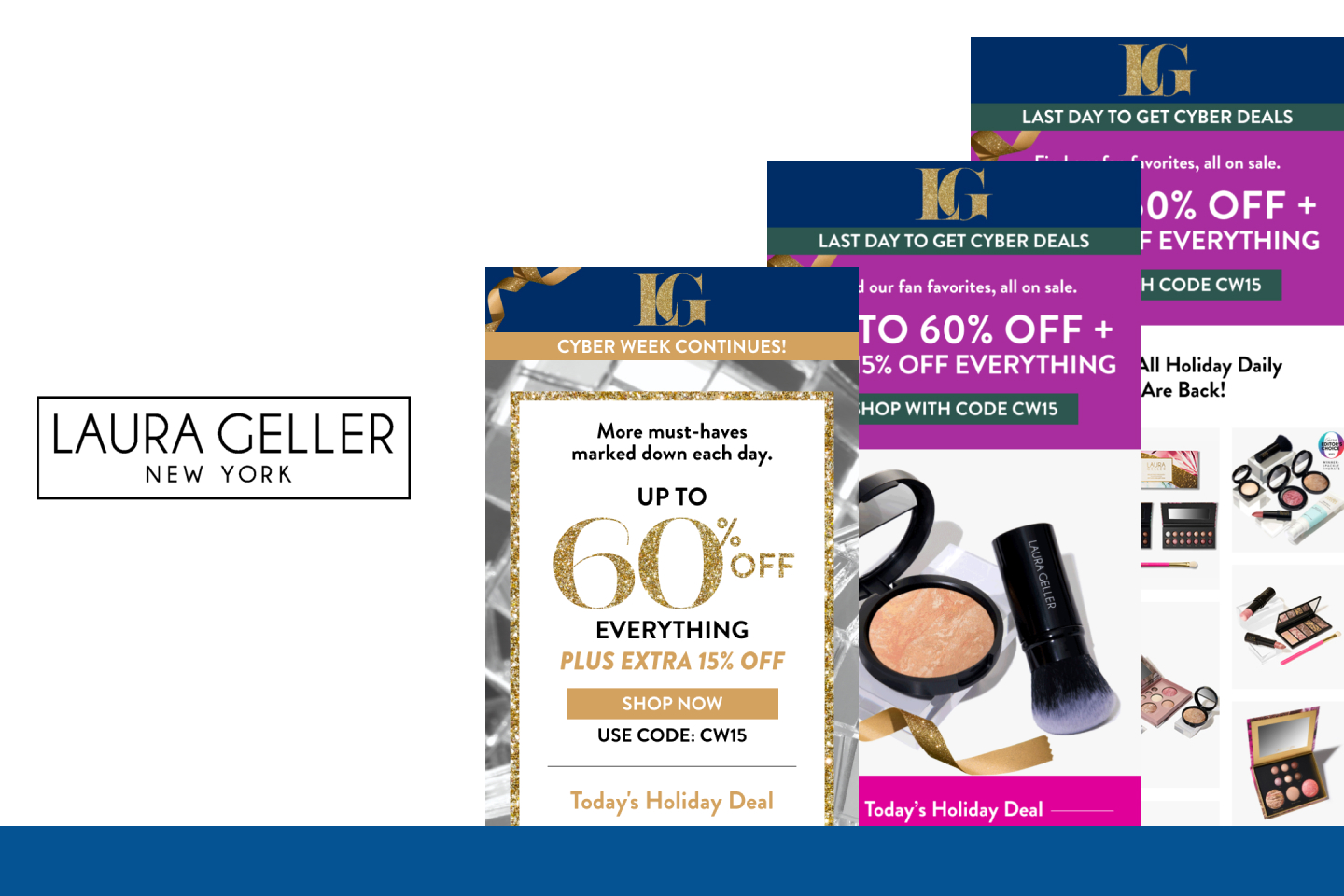Your e-mail subject line is the most important part of your entire e-mail. It will determine whether or not that e-mail gets opened. If you do it right – more people will open your e-mails and, luckily, you will get higher click-through rates, traffic and sales from your e-mail marketing campaigns. If you do it wrong – people won’t open your e-mails and you will fail to lead to your website and convert them into customers. Since this element is so critical for the success of your business, we decided to create an entire post on the topic and teach you how to write catchy e-mail subject lines.
The C.U.R.V.E. formula for writing catchy e-mail subject lines
Alex Williams, the Creative Director & Digital Strategy Director at Trendline Interactive, spent years writing and testing e-mail subject lines for all kinds of business clients.Based on his experience, he created the C.U.R.V.E. formula, which allows him to create catchy e-mail subject lines that get opened almost every single time.In this case, C.U.R.V.E. stands for Curiosity, Urgency, Relevancy, Value and Emotion.
According to this expert, a good subject line must have at least two of the five C.U.R.V.E. elements to get more people to open their e-mails. Let’s cover this formula in further detail:Curiosity – how do you make people curious about the content you’re about to share? One of the ways you can do this is to ask them a question they would like to know the answer to. Be sure to use open questions, not yes/no questions. Bad example: Are you ready for winter? Good example: What does reading books have to do with being successful?
You must be very careful when using curiosity in your subject lines. You don’t want to mislead and trick people into opening your e-mail and then not deliver on your promise. This will destroy the trust they have in you and will decrease your engagement with your e-mail list in the long term.
Urgency – this element explains why your subscriber needs to open your e-mail right now. In other words, that their delayed action may result in them missing out on an amazing offer or opportunity. This could be anything from: A discount or special offer, a free live event like a webinar or hangout, offering a training program or product for a limited time only, having a limited number of spots or items available for sale, news/tips related to a current event/situation. In any case, you will produce far better results for your business if you ask for immediate action from your subscribers.
Keep in mind that urgency is only powerful when it’s associated with relevancy and/or value. Discounts for things people don’t need and are not relevant to them are not only useless, but they will also damage your brand in the long term.
Relevancy – the content that you send your subscribers must be relevant to their interests, demands and needs. This sounds good in theory, but it’s harder to do it in practice. It starts with gathering data about your subscribers. What are their needs, wants, inspirations, fears, frustrations? What do they care about? Keep in mind that people change. What’s relevant to them today might not be relevant next month. So, always keep your information up-to-date to make sure you know exactly how the needs of your audience are changing. Always connect your messages to the core values of your company.
That’s why people follow you in the first place, and this is what matter to your ideal subscribers. You can further increase relevance by segmenting your subscribers in groups based on additional interests and differences. The final step is to run behavior triggered e-mails sent based on the content they view on your website, the e-mails they have opened before, the sign-up offer they opted into. Value – your subscribers follow you in the first place because there is something valuable you can offer them.This could be in terms of information, product deals or anything else they desire. In the end, they want to solve a specific problem or reach a specific outcome and you’re the one that can help them.If you want to build great relationships with your list, you must always provide value and ask for very little in return.If you don’t know what people value, you must get to know your customers better and find out. That’s the only way to be successful in business.
Emotion – the decisions that people make are more based on emotions that logic. That’s why it’s so important to trigger the right emotions in people, thus driving them to take action and open your e-mail. One of the best ways to do that is to use sensory language. To do that, you must use words that connect with the five human senses (sight, sound, touch, taste, and smell).
Here are some examples:
Sight – You haven’t seen anything like this before
Sound – How many times have you heard these three words?
Touch – Why do we feel so bad after a breakup?
Taste – Nothing tastes better than a fresh macaroni pizza
Smell – Does your bathroom smell bad? Here’s what to do.
In addition to the senses, you should know that different words have different emotional value.
The so-called power words have 10 times or even 100 times more emotional value than average words. Even words that have similar meanings or the same meaning can have different emotional value. For example, the word “cheat” is considered to be more powerful than the word “unfaithful.”





